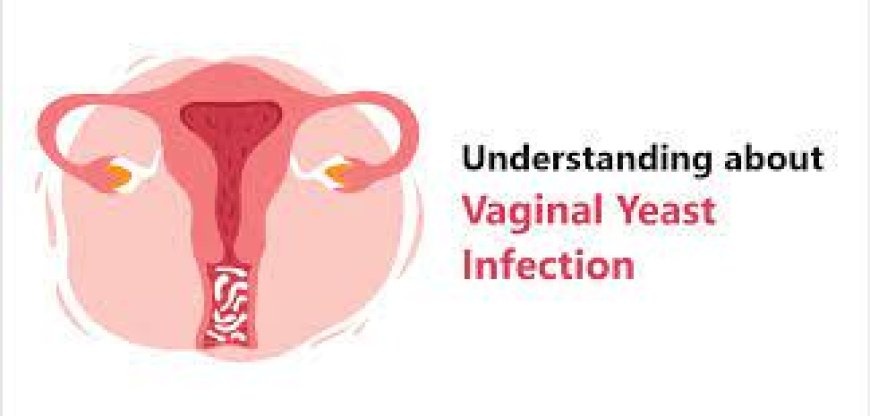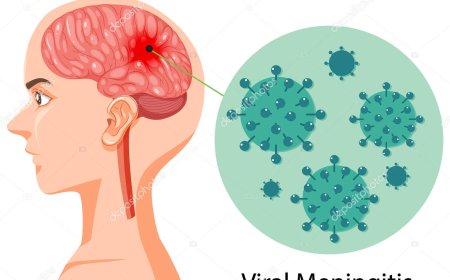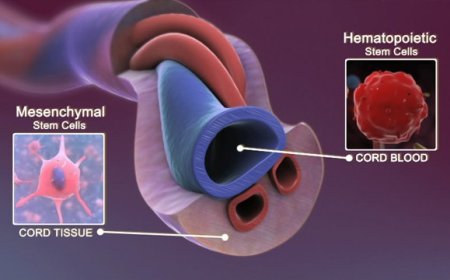Yeast Infection (vaginal)

Introduction:
Hey there, young readers! Today, we are going to talk about something important that can sometimes affect girls and women in India - vaginal yeast infections. Don't worry; we'll explain everything in simple language, so you can easily understand!
What is Yeast Infection (Vaginal)?
A vaginal yeast infection is a common health issue that occurs when a type of fungus called "Candida" grows too much in the vagina. Candida is normally present in small amounts and doesn't cause any harm. But sometimes, due to various reasons, it multiplies rapidly, leading to an infection.
Signs and Symptoms:
Here are some signs that someone might have a vaginal yeast infection:
- Itching and soreness around the vagina
- Redness and swelling in the genital area
- White or yellowish discharge that looks like cottage cheese
- Pain or discomfort during urination or intercourse
How Is Yeast Infection (Vaginal) Classified?
Vaginal yeast infections are classified based on how often they happen:
- Occasional: This happens once in a while and can be easily treated with medicines.
- Recurrent: If a person gets yeast infections frequently (more than four times a year), it's called recurrent.
Causes and Triggers:
Yeast infections can occur due to various reasons, such as:
- Antibiotics: Taking antibiotics for other infections can disturb the balance of good and bad bacteria in the body, leading to yeast overgrowth.
- High Sugar Diet: Eating too many sugary foods can fuel the growth of yeast.
- Tight Clothing: Wearing tight underwear or pants can create a warm and moist environment, perfect for yeast to grow.
- Hormonal Changes: Hormonal changes during the menstrual cycle, pregnancy, or menopause can increase the risk of yeast infections.
Risk Factors with Examples:
Certain factors increase the chances of getting a vaginal yeast infection. For example:
- Using scented hygiene products: Soaps, sprays, and douches can upset the natural balance of the vagina.
- Weak Immune System: Illnesses like diabetes or HIV can weaken the immune system, making someone more vulnerable to yeast infections.
- Uncontrolled Diabetes: High blood sugar levels can promote yeast growth.
- Taking Birth Control Pills: Some women may experience yeast infections when they start using birth control pills.
Types of Vaginal Yeast Infections:
The most common type of yeast that causes infections is Candida albicans. There are two main types of vaginal yeast infections:
- Uncomplicated: This type is straightforward and responds well to treatment.
- Complicated: This type is more severe and may require a longer treatment plan.
Diagnostic Tests and Treatments:
When someone has symptoms of a yeast infection, a doctor may do the following diagnostic tests:
- Physical Examination: The doctor examines the genital area to check for redness, swelling, or discharge.
- Microscopic Examination: A sample of vaginal discharge is examined under a microscope to confirm the presence of yeast.
Treatments:
Treatments for yeast infections include:
- Antifungal Creams: These are applied directly to the affected area.
- Antifungal Tablets: Oral medications can be prescribed for more severe infections.
- Probiotics: Eating yogurt or taking probiotic supplements may help restore the balance of good bacteria in the vagina.
Complications and Prevention:
If left untreated, yeast infections can cause discomfort and may lead to complications such as:
- Recurrent Infections: Some people might keep getting yeast infections.
- Chronic Infections: In rare cases, the infection can become chronic and challenging to treat.
Prevention Techniques:
To prevent yeast infections, one can:
- Wear breathable cotton underwear.
- Avoid douching or using scented products in the genital area.
- Maintain good hygiene, especially during menstruation.
- Limit the intake of sugary foods.
Now you know all about vaginal yeast infections in simple terms. Remember, it's essential to talk to a doctor if you or someone you know experiences any symptoms. With proper care and knowledge, we can keep ourselves healthy and happy! Stay informed and take care, young ones!
What's Your Reaction?
 Like
0
Like
0
 Dislike
0
Dislike
0
 Love
0
Love
0
 Funny
0
Funny
0
 Angry
0
Angry
0
 Sad
0
Sad
0
 Wow
0
Wow
0







































































